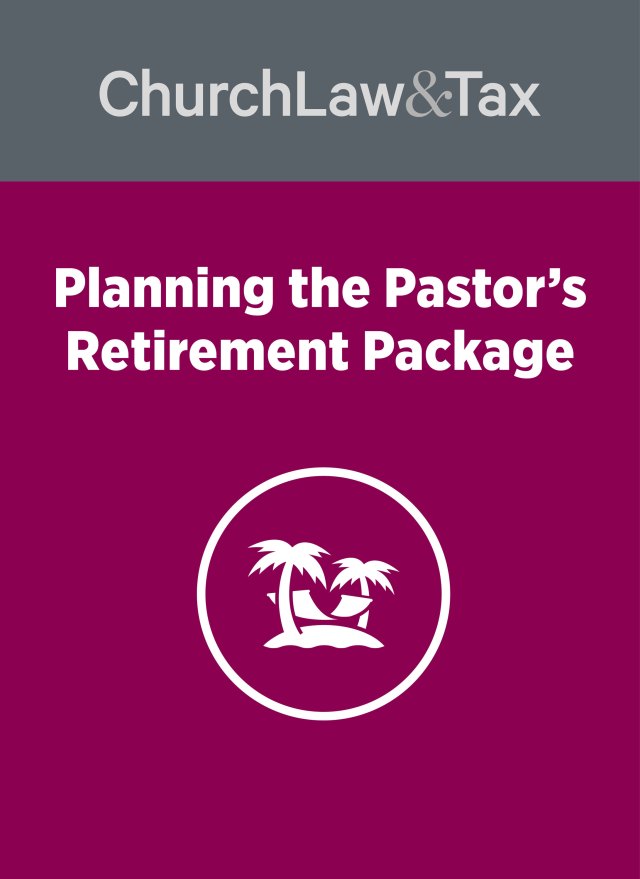The U.S. Equal Employment Opportunity Commission issued significant new guidance on April 25, 2012, addressing the use of criminal background checks by employers in making employment decisions. In a 55-page document entitled, “Consideration of Arrest and Conviction Records in Employment Decisions Under Title VII of the Civil Rights Act of 1964,” (1.usa.gov/KasaRo) the EEOC warns employers to be careful when utilizing criminal background checks. The guidance includes a number of examples and is supplemented by a separate list of Questions and Answers (1.usa.gov/Lkp6yM).
Two excerpts from the report are particularly noteworthy:
- “An employer’s use of an individual’s criminal history in making employment decisions may, in some instances, violate the prohibition against employment discrimination under Title VII of the Civil Rights Act of 1964, as amended.”
- “An employer’s neutral policy (e.g., excluding applicants from employment based on certain criminal conduct) may disproportionately impact some individuals protected under Title VII and may violate the law if not job related and consistent with business necessity.”
This guidance comes on the heels of a recent announcement by the EEOC that a major soft drink company agreed to pay more than $3 million to resolve findings by the agency of race discrimination in connection with the use of criminal background checks.
Churches often perform background checks on employees and volunteers and should consider the implications of the new EEOC guidance under the advice of employment law counsel. While many churches have policies requiring criminal background checks, such policies often do not address proper handling of scenarios where the resulting report reflects criminal activity (read more about best practices for churches to consider with background checks in light of the EEOC’s guidance on ChurchLawAndTax.com).
While the Social Security Administration is no longer mailing annual Social Security statements to individuals, the SSA recently announced that statements are available online (1.usa.gov/KasH5J). In order to access your Social Security statement, you will have to establish an account and verify your identity.
The IRS continues to offer a new program that began late last year permitting employers to voluntarily reclassify workers as employees for federal employment tax purposes in cases where the employer is concerned that workers have been improperly treated as independent contractors. The “Voluntary Classification Settlement Program” (VCSP) provides significant relief from federal employment taxes for eligible employers that agree to treat workers as employees prospectively.
If an employer wishes to participate in the VCSP, an application must be submitted using Form 8952 at least 60 days before the date that the employer would begin classifying these workers as employees. For example, if the employer wishes to begin classifying these workers as employees on January 1, 2013, then the application would need to be filed on or before November 2, 2012.
The IRS has not indicated how long the VCSP will be available. However, once the program ends, it is reasonable to expect that the IRS will more aggressively pursue noncompliance with the law in this area.
Participation in this program could be very beneficial and cost-effective for churches that may have been improperly treating workers as independent contractors. The opportunity to avoid an audit of past worker classification liabilities and settle them for 10 cents on the dollar with no penalties or interest is truly remarkable.
Additional information about the program is available on the IRS website (1.usa.gov/ JeM9w1) and in IRS Announcement 2011- 64 (1.usa.gov/Kat0h0).




